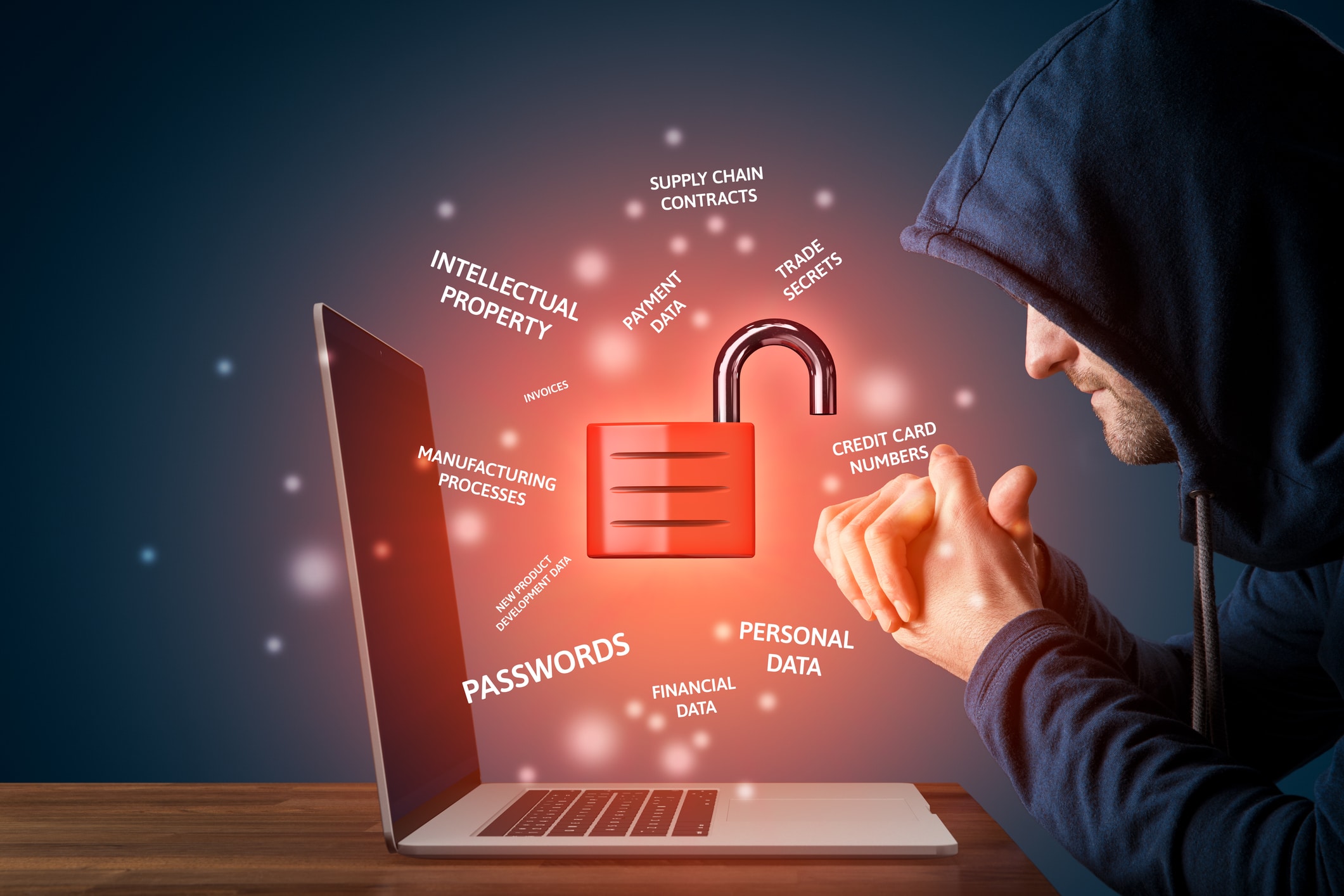
Conducting financial transactions in the digital age gets scarier by the day. Individuals and businesses must remain vigilant to stay ahead of cyber criminals who profit by gaining access to private information and secured data. Small and medium-sized businesses are especially vulnerable since many need to train employees to understand the seriousness of cyber threats. The news media often reports on data breaches that target corporations, banks, and hospitals. Organizations that are victims of these attacks often pay large ransoms to regain control of their data.
No one is safe. Smaller organizations often have a false sense of security and may believe they are unlikely targets. And that’s precisely what criminals want them to think. However, owners can be proactive by training employees and establishing procedures to help prevent cyberattacks. Every business should have strict policies that the staff must diligently follow—or be held accountable if they fail to comply. Training programs should be held periodically since criminals are devising new methods to steal data and convince people they are legitimate businesses. Staff members who have been trained can actively protect the company’s digital assets and understand the importance of following proper protocols.
Increase Awareness to Reduce Risk
It’s less likely that a business will succumb to phishing attacks, malware, and scammers using artificial intelligence if employees know how to recognize a security threat and respond appropriately. Staff members will avoid clicking on suspicious links embedded in emails or sharing sensitive information with unknown parties.
Protect Sensitive Data by Establishing Best Practices
Creating a culture prioritizes cybersecurity helps safeguard data since everyone in the organization clearly understands the company’s policies and procedures. Employees who handle personally identifiable information should know what is required to encrypt it properly.
- Establish strong passwords and change them regularly to increase safety
- Back up important data to keep it secure and ensure access in the future
- Prohibit Unauthorized software
- Only issue devices (computers, phones, tablets) to authorized employees
- Use secure programs to create web content
- Conduct training on the proper use of email
Comply with Industry Regulations
Business operations require interfacing the company’s data with outside parties to order merchandise, process credit card and bank transactions, and pay invoices. When systems are breached, everyone who transacts business with the organization risks being attacked by hackers. Security systems must meet or exceed industry standards to mitigate the ripple effect caused by a data breach.
investing in Training Saves Money
Practicing prevention today can save companies money in the future. Cybercriminals are only interested in stealing data to access someone else’s money. Organizations that train employees to recognize the signs that criminals are attempting to gain access to sensitive data can potentially prevent exposing financial data and harming their reputation.
Share Written Policies and Procedures
Employees should receive a written copy of the company’s cyber security policy and procedures. This document will ensure clarity and ensure that everyone has a clear understanding of what is expected. Meeting with the team regularly to answer their questions and identify opportunities to improve the security process is also a good idea.
Teaching employees to recognize cyber threats and holding each person accountable for following the proper procedures will improve data security. Businesses operate in a digital world, and owners must know the roadblocks that will become barriers to their success.




